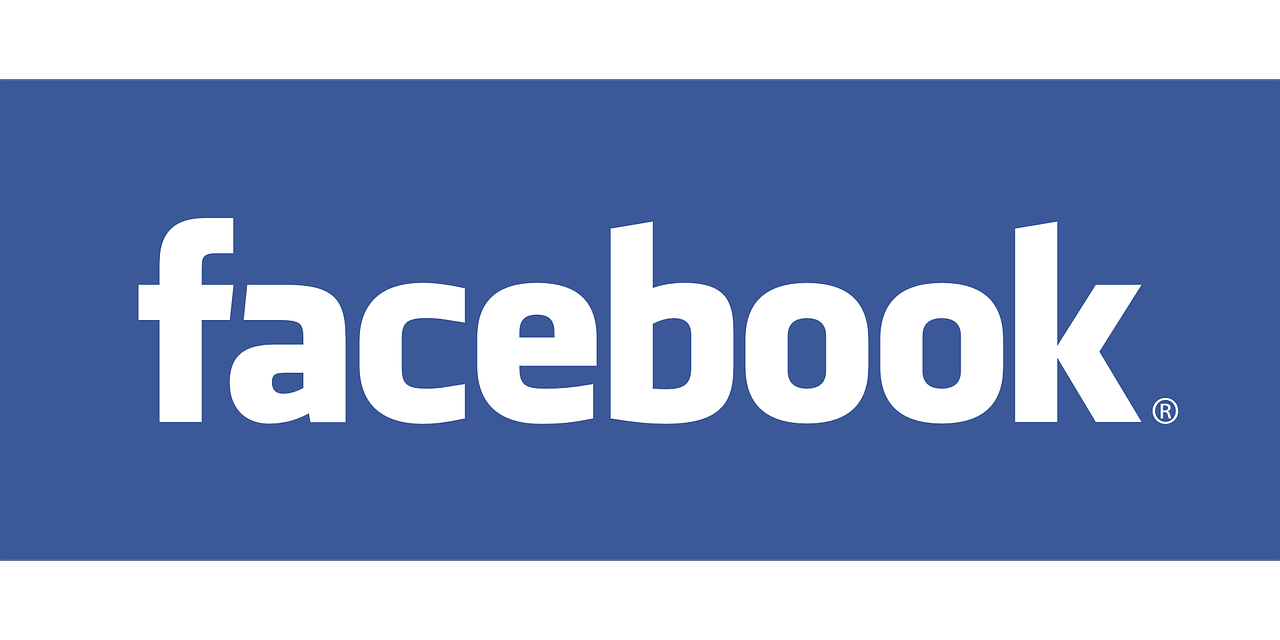Digital advertising has become a crucial component of modern marketing strategies. Businesses strive to reach their target audience effectively and maximize their return on investment (ROI) through various online platforms. Among the prominent players in the digital advertising realm, Google and Facebook have emerged as the powerhouses. In this article, we will provide overview of Google vs Facebook advertising, exploring their features, benefits, targeting capabilities, costs, and more.
In the realm of digital advertising, the debate between Google and Facebook advertising often arises, each offering unique advantages and targeting options. Google Ads, with its expansive reach through search and display networks, allows advertisers to target users actively searching for specific products or services, making it ideal for capturing high-intent audiences. On the other hand, Facebook Ads offers unparalleled demographic and interest-based targeting, allowing advertisers to reach highly segmented audiences based on their interests, behaviors, and demographics. While Google Ads may be more effective for direct response campaigns and capturing users at the point of purchase, Facebook Ads excel in brand awareness, engagement, and building relationships with potential customers. Ultimately, the choice between Google and Facebook advertising depends on campaign objectives, target audience, and the desired outcome, with savvy marketers leveraging the strengths of each platform to maximize their advertising efforts.
Introduction
In today’s highly digital landscape, Google and Facebook are household names that dominate the advertising industry. Google Ads, the advertising platform of Google, and Facebook Ads, the advertising solution offered by Facebook, have revolutionized how businesses connect with their potential customers. Both platforms allow advertisers to target specific demographics, interests, and behaviors, but they differ in several aspects, making it important for businesses to understand their unique strengths and considerations.
Learn more here about Google vs Facebook Advertising,
Overview of Google Advertising
Google Ads is a comprehensive online advertising platform that encompasses various ad formats, including search ads, display ads, video ads, shopping ads, and more. With its massive reach and extensive network, Google Ads enables businesses to showcase their products and services to a global audience. The benefits of advertising on Google include:
- Vast Audience: Google processes billions of search queries every day, presenting advertisers with an immense opportunity to reach a wide range of potential customers.
- Targeting Precision: Google Ads provides sophisticated targeting options, allowing businesses to refine their audience based on demographics, keywords, locations, and even device types.
- Intent-based Advertising: By leveraging search ads, businesses can target users who are actively searching for relevant products or services, increasing the chances of conversions.
Overview of Facebook Advertising
Facebook Ads offers advertisers a comprehensive set of tools to reach their desired audience on the popular social media platform. With Facebook’s massive user base and in-depth user data, businesses can tailor their ads to specific demographics, interests, and behaviors. The benefits of advertising on Facebook include:
- Precise Targeting: Facebook Ads enables advertisers to create highly targeted campaigns by leveraging user data such as age, location, interests, and even past interactions.
- Visual Appeal: With Facebook’s emphasis on visual content, businesses can engage users with eye-catching images and videos that effectively communicate their brand message.
- Social Engagement: Facebook provides a unique environment for social interaction, allowing businesses to foster meaningful connections with their audience through comments, likes, and shares.
Targeting Capabilities
Both Google and Facebook offer robust targeting capabilities that empower advertisers to reach their desired audience effectively. Google Ads provides various targeting options, including:
- Keyword Targeting: Advertisers can bid on specific keywords related to their products or services, ensuring their ads are displayed when users search for those keywords.
- Location Targeting: Businesses can target users based on their geographical location, allowing for localized advertising campaigns.
- Demographic Targeting: Advertisers can refine their audience based on factors such as age, gender, and household income.
Both platforms also offer remarketing capabilities, allowing businesses to target users who have previously engaged with their website or app. This helps businesses re-engage potential customers and increase conversion rates.
Choosing the Right Platform
When deciding between Google and Facebook advertising, businesses should consider their specific advertising goals, target audience, and available resources. Both platforms offer unique strengths, and the optimal choice depends on various factors such as:
- Campaign objectives: If the primary goal is to capture users actively searching for specific products or services, Google Ads may be the better option. If the focus is on brand awareness or engagement, Facebook Ads might be more suitable.
- Target audience: Understanding the demographics, interests, and behaviors of the target audience can help determine which platform provides better targeting capabilities.
- Budget and resources: Assessing available budget and resources is essential, as Google Ads and Facebook Ads may require different investment levels and expertise.
It’s also worth noting that integrating both Google and Facebook advertising can be a powerful strategy. By leveraging the strengths of each platform, businesses can create cross-channel campaigns that reach a broader audience and maximize their advertising efforts.
Conclusion
In the battle of Google vs Facebook advertising, there is no definitive winner. Both platforms offer unique features, targeting capabilities, and advantages that can benefit businesses depending on their advertising goals and target audience. By understanding the nuances of each platform, businesses can make informed decisions and develop tailored advertising strategies that yield positive results.
Whether businesses choose to focus on search intent and a vast reach with Google Ads or leverage precise targeting and social engagement on Facebook Ads, the key to success lies in continuous optimization, data analysis, and adapting to evolving advertising trends.
Apart from that, if you are interested to know about The Benefits of Advertising Agencies then visit our Technology category.



